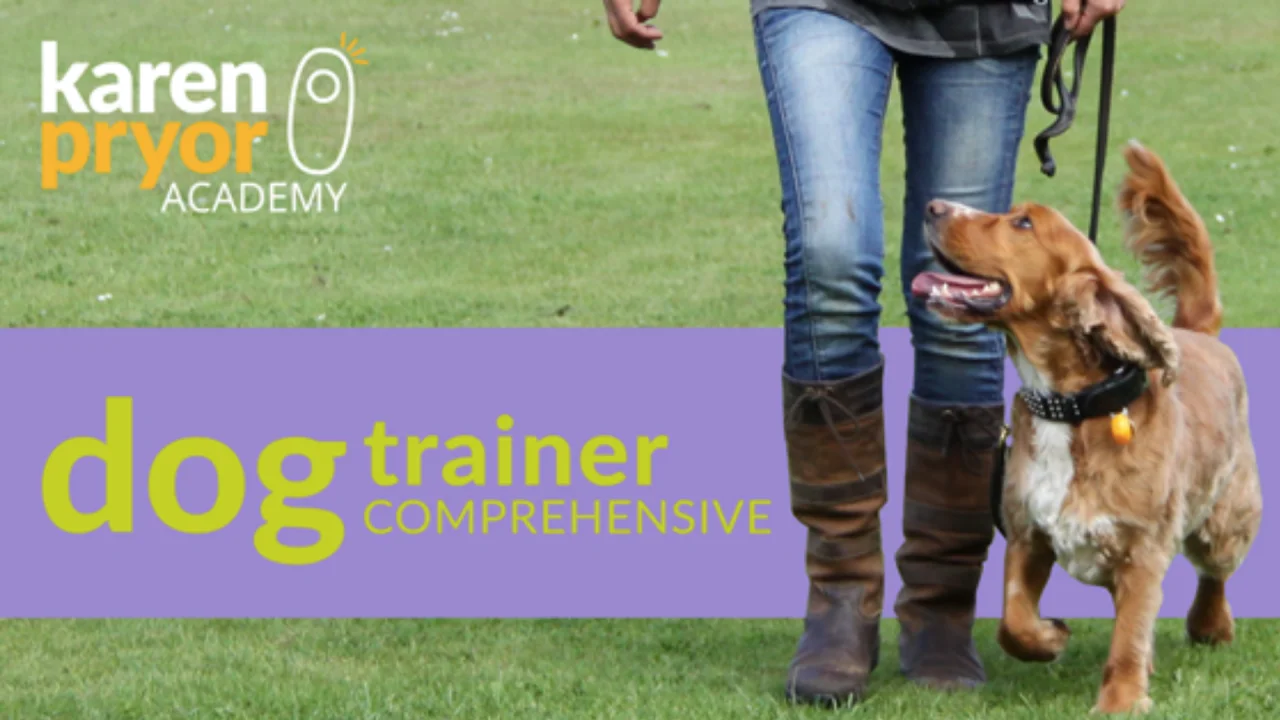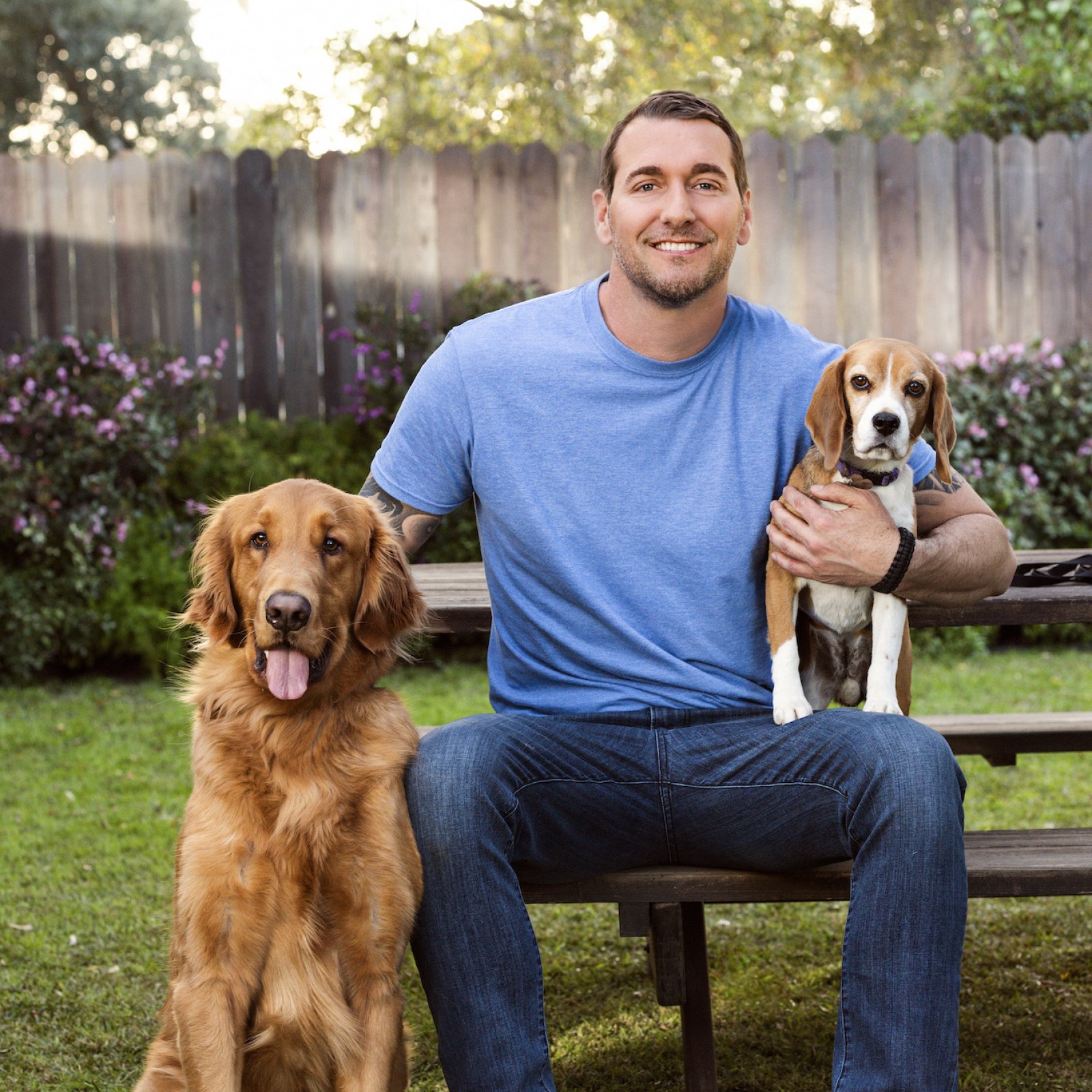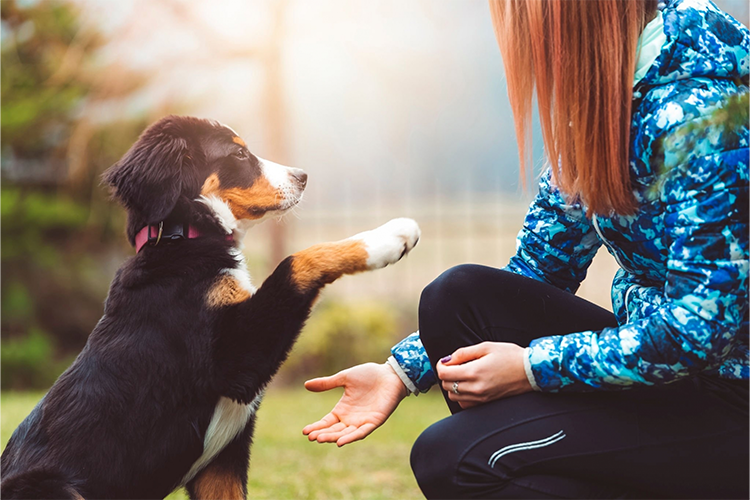Unlock Your Dog's Prospective: Proven Pet Training Approaches for Success
Efficient dog training is a nuanced procedure that pivots on understanding canine habits and employing scientifically backed techniques. dog training charlotte nc. By including favorable reinforcement, developing clear commands, and focusing on socializing, pet dog proprietors can cultivate a productive partnership with their animals. Nonetheless, difficulties often develop that need customized remedies and a patient method. Checking out these verified techniques reveals not just the potential for behavior enhancement however also the much deeper bond that can be formed between owner and pet dog. What essential techniques must be taken into consideration to truly unlock your canine's possibility?
Understanding Pet Dog Habits
Understanding pet dog actions is vital for effective training and fostering a favorable relationship between dogs and their proprietors. A detailed understanding of canine body movement, vocalizations, and social communications is crucial for acknowledging their feelings and requirements. Dogs interact primarily through non-verbal cues; for instance, a wagging tail may show enjoyment, while pinned ears can indicate anxiety or submission.

Moreover, environmental factors play a significant role in shaping a pet's habits. Changes in regular, new surroundings, or the visibility of strange individuals can lead to anxiety or anxiety in dogs. Acknowledging these triggers makes it possible for owners to reduce adverse responses and create appropriate training techniques.
Eventually, a deep understanding of pet behavior lays the structure for effective training approaches, improving both actions and the overall bond between the canine and its proprietor. dog training near me. This expertise is crucial for promoting a well-adjusted, delighted canine friend
Favorable Reinforcement Methods
Reliable training relies heavily on positive support techniques, which have been revealed to generate significant lead to forming desired actions in pets. This approach involves compensating a dog for exhibiting particular habits, thus increasing the likelihood that these actions will certainly be duplicated. Incentives can take different types, consisting of deals with, appreciation, toys, or playtime, depending on what encourages the private pet.

It is essential to progressively eliminate rewards as the canine finds out the actions, transitioning to periodic support. This approach preserves the actions gradually while protecting against reliance on consistent benefits. By concentrating on positive reinforcement, instructors can cultivate a relying on connection with their pet dogs, promoting a healthy and balanced and participating training atmosphere that improves total obedience and efficiency.
Developing Constant Commands
An essential aspect of effective pet training is the establishment of regular commands. Consistency in commands is vital for effective communication in between the pet and the instructor. When commands are website link uniform, pets discover to associate specific words with preferred habits, which speeds up the training procedure and boosts understanding.
To establish regular commands, it is essential that all member of the family use the same terms and gestures. As an example, if a single person makes use of "rest" while an additional claims "take a seat," it can develop complication for the pet dog. Select clear, distinctive words for commands and guarantee everybody involved in the pet's training complies with these choices.
Reinforce commands via frequent method, making certain that the pet dog receives adequate opportunities to respond appropriately. When a dog efficiently adheres to a command, prompt favorable reinforcement needs to comply with.
Finally, be person. Developing consistent commands requires time and effort. With devotion and clearness, you will help your canine create a solid understanding of assumptions, ultimately leading to a well-behaved friend.
Socialization and Exposure
Interacting socially a dog is important for fostering a well-adjusted and confident friend. This procedure includes subjecting your canine to a variety of environments, individuals, and other pets to develop their social skills and versatility. Early socialization, ideally in between the ages of 3 to fourteen weeks, is essential, as it lays the groundwork for a canine's future habits.
During socialization, aim to provide favorable experiences in various settings, such as parks, active roads, and homes with various other pets. Introduce your pet to different stimulations, including audios, views, and scents, making certain that each experience is rewarding. This direct exposure aids reduce worry and anxiety, paving the means for an extra resistant canine.
Taking part in regulated group play sessions with various other dogs can also improve social skills, showing your pet dog suitable communications and limits. Constantly monitor your pet's comfort level during these experiences, gradually increasing direct try this out exposure as their confidence expands. Remember, the goal is to develop a well-shaped pet dog that flourishes in varied scenarios, promoting an unified partnership with both people and other pets. Prioritizing socializing will considerably contribute to your dog's general joy and behavior throughout their life.
Overcoming Common Educating Challenges

Dogs might struggle to focus in unknown or busy settings. Progressively desensitize your dog to interruptions by beginning training in a quiet environment and gradually presenting even more stimuli as they become skillful.
Furthermore, behavioral issues like jumping or excessive barking can become irritating. Address these by teaching alternate actions, such as resting smoothly when greeting guests. Consistency and patience are critical; reinforce desired actions continually and stay clear of scolding, which can lead to complication.
Last but not least, identify that each canine is distinct, and training timelines may vary. Tailor your technique to your canine's private requirements, and look for professional guidance if necessary. With determination and the best strategies, overcoming these obstacles can result in a trained, delighted click now canine buddy.
Verdict
Finally, opening a pet's prospective demands a detailed approach that incorporates an understanding of canine habits, the application of positive reinforcement techniques, and the establishment of constant commands. Early socialization and direct exposure to diverse environments additionally enhance a canine's adaptability and confidence. By addressing usual training challenges with tailored methods and persistence, a participating and harmonious connection in between pet and trainer can be fostered, ultimately causing a well-behaved buddy capable of flourishing in various scenarios.
Effective dog training is a nuanced process that hinges on understanding canine behavior and employing clinically backed strategies.Understanding pet actions is crucial for reliable training and cultivating a positive relationship in between canines and their owners.Effective training relies heavily on positive reinforcement strategies, which have actually been shown to yield substantial outcomes in shaping desired habits in canines. When commands are uniform, dogs learn to link specific words with preferred habits, which increases the training process and enhances understanding.
In verdict, opening a pet's prospective requires a detailed method that integrates an understanding of canine behavior, the application of favorable support strategies, and the facility of constant commands.